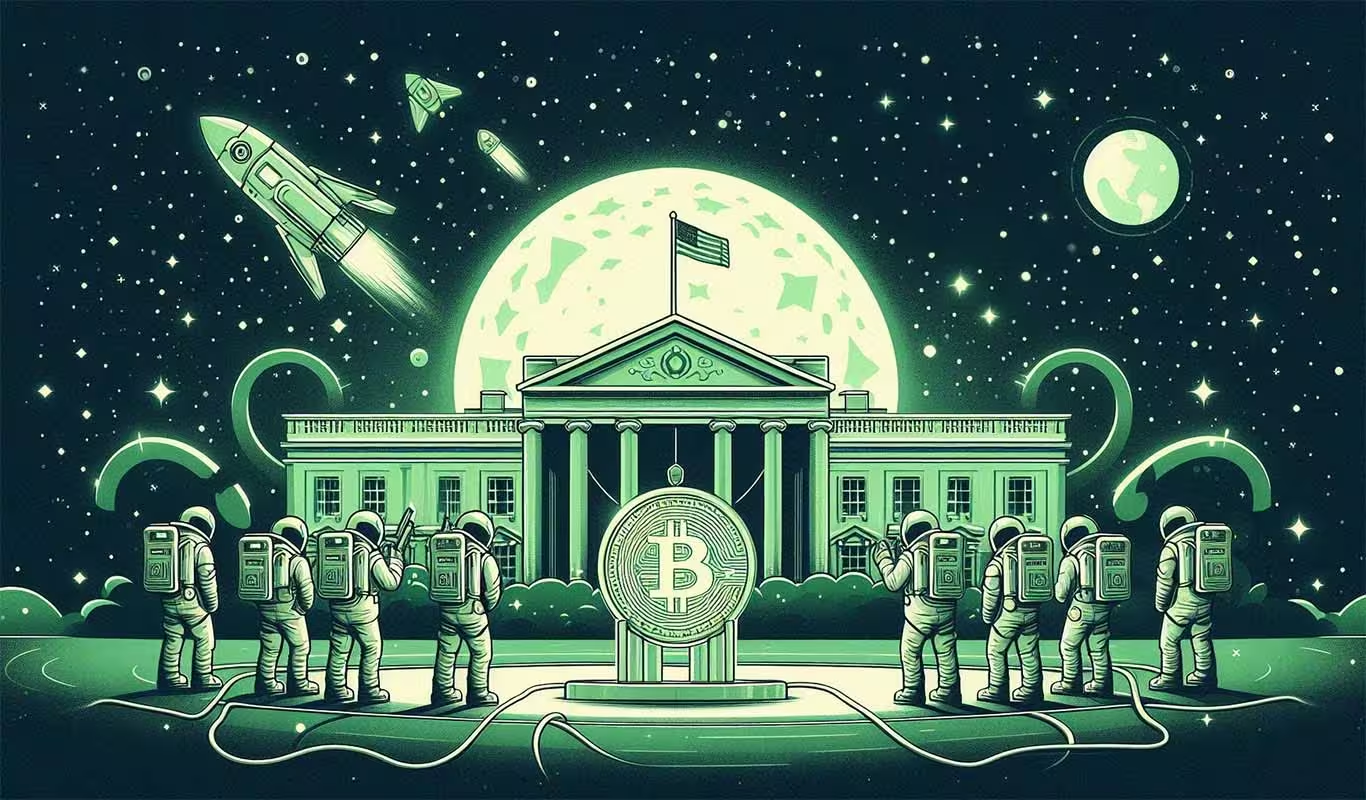HodlX Guest Post Submit Your Post
Recent polls for the 2024 US presidential elections indicate a neck-to-neck race between Donald Trump and Kamala Harris.
Every few days, these polls update to show a front-runner, only for that lead to be overtaken by the slimmest of margins.
As I follow the election and the prediction markets for it I can’t help but notice how the Web 3.0 market is feverishly betting on who will be the next US President, with over $1.5 billion worth of bets placed.
This surge in interest surrounding prediction markets does not seem to be merely a fleeting trend, but a transformative shift in how we anticipate future events.
Web 3.0 protocols like Polymarket on Polygon, Drift on Solana and Azuro on Gnosis have gained significant traction particularly during this high-stakes US election.
Even traditional platforms, such as Interactive Broker, have recently announced forecast contracts for retail investors.
These prediction markets have become so influential that major news outlets now report their odds alongside traditional polls, signaling a shift in gauging public sentiment and forecasting outcomes.
At their core, prediction markets are platforms where users bet on future event outcomes, leveraging the ‘wisdom of the crowd’ principle.
This approach suggests that collective predictions from large, diverse groups often outperform individual expert opinions.
Participants buy shares in potential outcomes, with prices reflecting perceived probabilities.
This mechanism creates a dynamic, real-time indicator of market sentiment, capable of signaling trends before they materialize in broader contexts.
With a cumulative betting volume of over $1.5 billion on Web 3.0 prediction markets, I find myself wondering what’s drawing users to these blockchain-based prediction markets?
Is the promise of a ‘trustless environment’ truly delivering significant benefits or is Web 3.0 simply offering an alternative market overlooked by traditional systems?
I posit that both are true. Issues like data falsification and allegations of voter fraud among political commentators contribute to inaccuracies and erode trust in traditional systems.
By recording each poll, vote or bet on-chain, blockchain’s distributed ledger ensures transparency through immutable smart contracts.
This fosters trust among participants and reduces the need for centralized oversight.
Also, blockchain eliminates intermediaries often required in…
Click Here to Read the Full Original Article at The Daily Hodl…
























